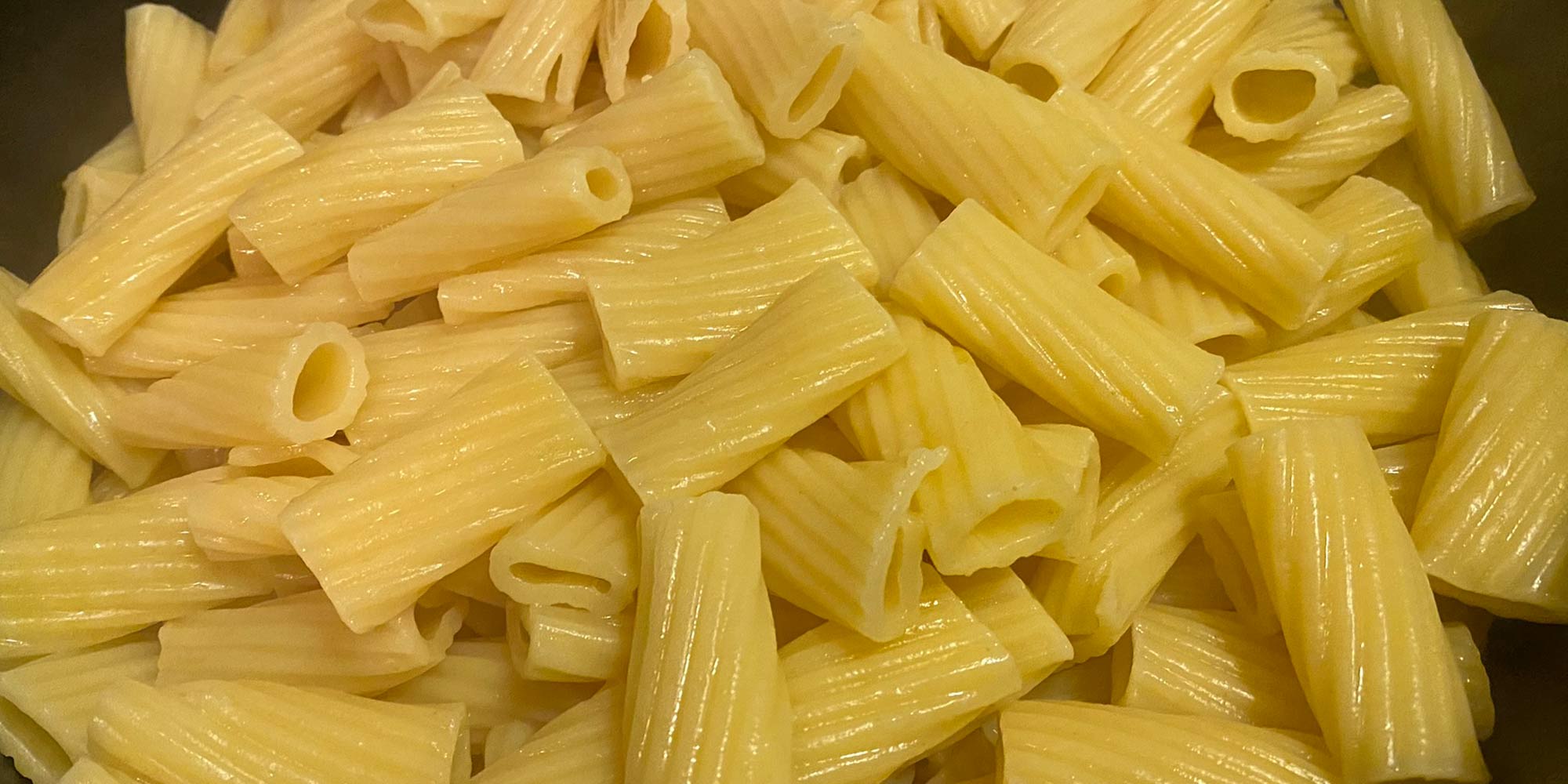
Carb loading is a diet strategy used by runners in the days before a long run or race. The idea is to increase carb intake so you can store more energy. It can help a runner avoid hitting ‘the wall’ in the later stages of a long run.
Main Points:
- Practice carb loading throughout your training. You don’t want to be trying anything new in the week before your race.
- Carb loading is only necessary for runs that are 90 minutes or longer.
- Start carb loading 4-6 days before the race. For a half marathon or shorter do 4 days, for a full marathon do 6. Gradually start eating more carbs, and in the two days before the race your diet should be about 80% carbs. Those two days are the most important.
- You don’t need to eat more calories than usual. Don’t feel like you need to stuff yourself, that’s going to do more harm than good.
- Keep it simple and don’t overthink it. It doesn’t have to be an exact science. Doing calculations like ‘X grams of carbs per pound of body weight’ is overcomplicating the process for most runners in my opinion.
- The day before the race you should eat your final meal at around 4pm or earlier. That will give your body more time to digest the food.
Additional Info:
- Some examples of carbs: Potatoes, pasta, rice, pancakes, bagels, bread, etc.
- Don’t make any major changes to the types of foods you’ve been eating. You’re just going to change the ratio so it’s more carb heavy. For example, if you regularly eat chicken, it’s ok to eat chicken during the carb load.
- Eliminate any junk food during the carb load: Ice cream, pizza, burritos, alcohol, cheese burgers, etc. You’ve probably already been eating healthy during your training, so this shouldn’t be a big change.
- Don’t add too much sauce, butter, or seasoning to your carbs. Make the food somewhat plain, especially in the final two days.
- Avoid high fiber carbs for the day before the race and in the morning of the race. For example, eat white rice and white bread instead of brown rice and whole-grain bread, they’re easier to digest.
- Eat a light meal the morning of your race. Something like two bananas and a bagel.
- Remember that you also have to eat carbs during the race. Sports drinks, gels, bananas, etc. Fueling during a run is a whole different thing.
- I’m going to say it again – practice all of this during your training! None of this should feel new on your race week!

